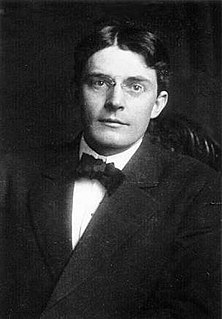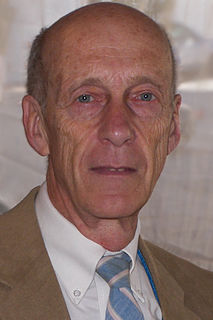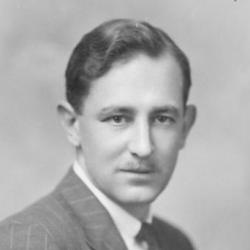A Quote by Isabella Rossellini
I was always interested in animals, but when I was little, animal behavior was still a new science. It was available to become a veterinarian, it was available to study biology, but not specifically animal behavior. In the '60s, Jane Goodall was the founder of this new science.
Related Quotes
I would love to be a field biologist. I would love to do what Jane Goodall did, just totally immerse myself in the life of one specific species for years and study every aspect of its behavior until little by little, all of these patterns become clear. That would be great, but I don't know if I have it left in me.
I studied a lot of animal behavior and one of the things I find really interesting is the whole idea that animals are sensory based thinkers and I wrote about this in my book, Animals in Translation. That an animal's memory is not in words, they've got to be in pictures - it's very detailed so let's say the animal gets afraid of something - they'll get afraid of something that they're looking at or hearing, the moment the bad thing happens.
Psychology, as the behaviorist views it, is a purely objective, experimental branch of natural science which needs introspection as little as do the sciences of chemistry and physics.... The position is taken here that the behavior of man and the behavior of animals must be considered in the same plane.
Although homosexual behavior is very common in the animal world, it seems to be very uncommon that individual animals have a long-lasting predisposition to engage in such behavior to the exclusion of heterosexual activities. Thus, a homosexual orientation, if one can speak of such thing in animals, seems to be a rarity.
True doctrine, understood, changes attitudes and behavior. The study of the doctrines of the gospel will improve behavior quicker than a study of behavior will improve behavior. Preoccupation with unworthy behavior can lead to unworthy behavior. That is why we stress so forcefully the study of the doctrines of the gospel.
Jane Goodall is my idol and someone I have always looked up to for the amazing work she has done with chimpanzees. She has transcended animal welfare as the voice for the voiceless and has changed many people's views about how they think and treat not only chimps but all of the amazing animals we share this planet with.

































